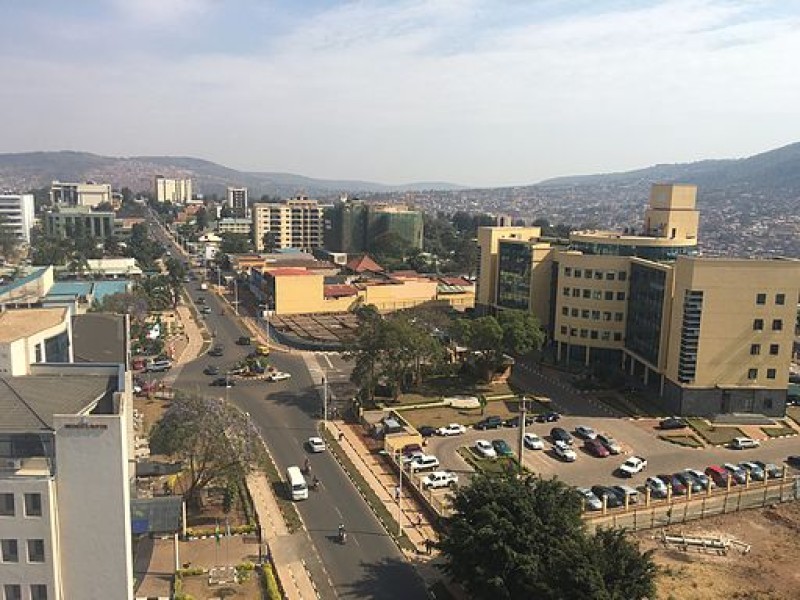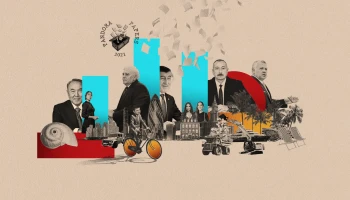"This is a staggering figure, underlining the enormous harm done to developing countries by illicit financial flows," said Raymond Baker, the president of theWashington, DC-based research and advisory organization.
Between US$ 620 - 970 billion was drained from developing countries in 2014 alone and some 87 percent of this was due to fraudulent misinvoicing, the study claims.
The region with the highest ratio of illicit outflow was Sub-Saharan Africa, which saw black money make up to 9.9 percent of total trade.
Illicit money flowing into developing countries and emerging economies were found to be similarly harmful. In 2014, the total amount of illicit inflows was estimated at US$ 1.4 - 2.5 trillion.
Developing Europe received the highest ratio of black money, making up 12.4% of total trade.
An estimated US$ 770 billion of black money poured into India over the ten-year period, 101 billion of which entered in 2014 alone.
Both illicit inflows and outflows remained persistently high throughout the study’s period, with the amount growing at an average rate of up to 10% annually.
"The order of magnitude of these estimates, much more so than their exactitude, warrants serious attention in both the developing countries and in the wealthier world," said Baker.
Both flows of black money, he added, "sap the crucial financial resources needed to reach the Sustainable Development Goals."
GFI called for a number of policy recommendations, including public registries of verified beneficial ownerships and the full implementation and enforcement of anti-money laundering laws.
It also recommended that policymakers require multinational companies to publicly disclose all money flows and subsidiaries on a country-by-country basis.






